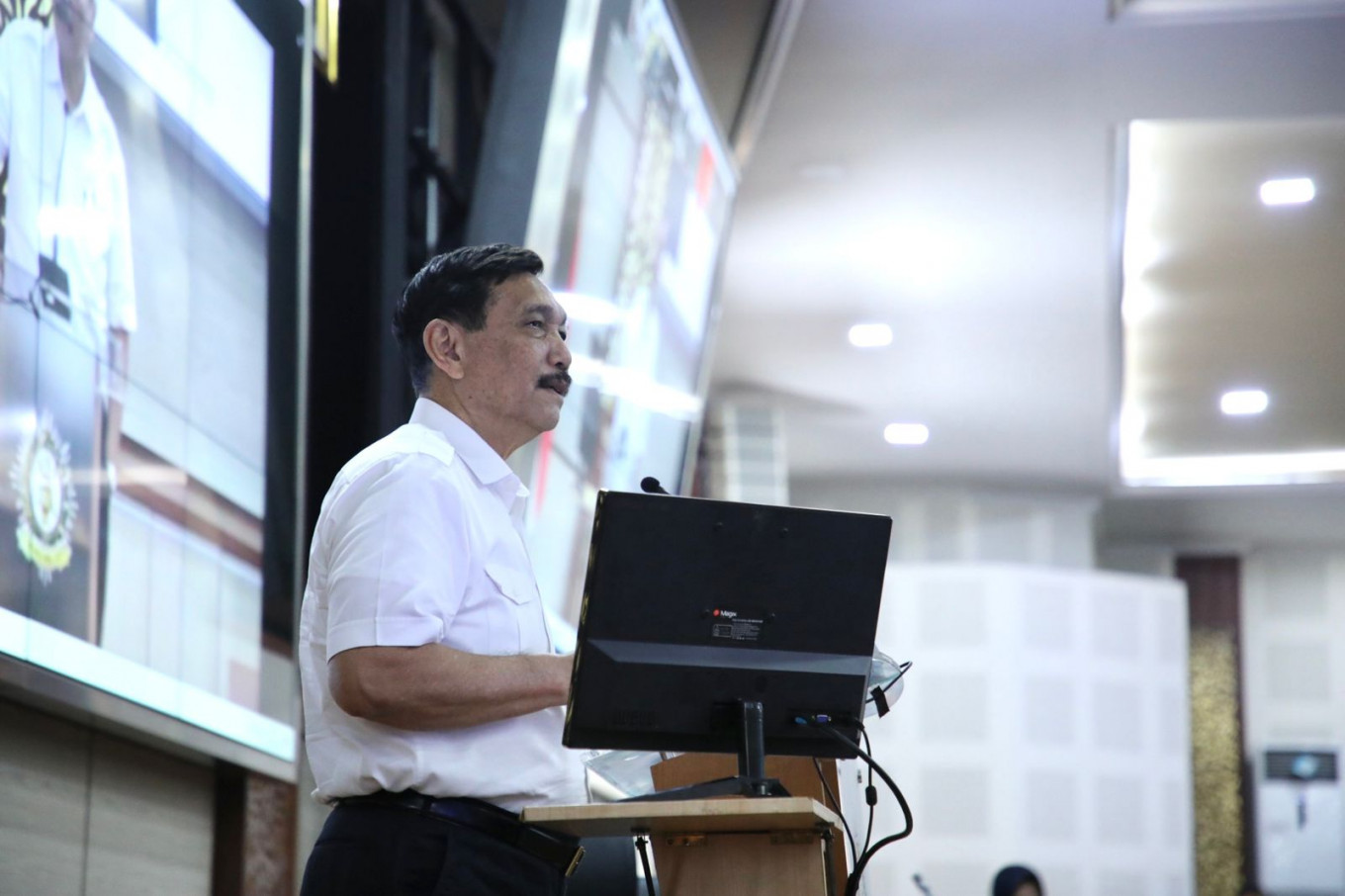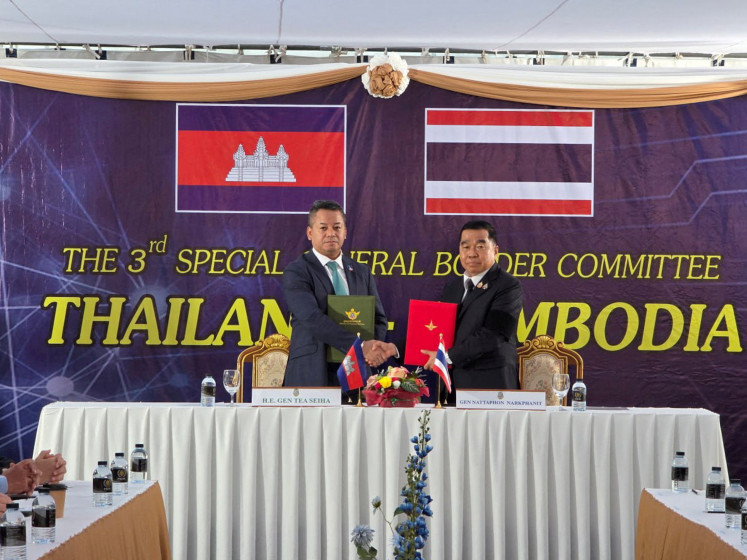Popular Reads
Top Results
Can't find what you're looking for?
View all search resultsPopular Reads
Top Results
Can't find what you're looking for?
View all search resultsDefending civic space
It is time for civil society to stand up, once again, to reject the prevailing top-down use of laws and law enforcement to deter free speech and reclaim our democratic achievements.
Change text size
Gift Premium Articles
to Anyone
I
ndonesia’s democracy is not perfect. It never has been. It is, at best, a work in progress. That being said, we believe our democracy has seen better days.
Indonesia was once lauded for our remarkable transformation from an autocracy into a vibrant democracy after the fall of the authoritarian New Order regime in 1998. Prodemocratic scholars and politicians alike have noted our many achievements since, including a bigger civic space, a boom in independent media, free and open elections, a competitive multiparty system and a depoliticized military.
But recent developments have painted a less rosy picture of our democracy. The consensus among scholars is that Indonesia is currently experiencing democratic regression, if not an illiberal democracy, or worse, an authoritarian turn.
As our society becomes increasingly polarized along political and ideological lines, the use of draconian legislation to silence critics has now become the norm, such as the infamous Electronic Information and Transactions (ITE) Law and the 1965 Blasphemy Law. Politicians no longer have reservations in using – or abusing – such laws to persecute people for simply expressing their views.
In a controversial move last week, the Jakarta Metropolitan Police charged human rights activists Haris Azhar and Fatia Maulidiyanti under the ITE Law for allegedly defaming Coordinating Maritime Affairs and Investments Minister Luhut Pandjaitan in a YouTube video. The two can face up to six years in prison.
Luhut, a former Army general and a close confidant of President Joko "Jokowi" Widodo, had accused the activists of spreading false information through their allegations that the businesses of several high-ranking officials, including his, had contributed to escalating military activities in Intan Jaya, Papua.
The allegations are based on a report released by the Bersihkan Indonesia (Clean Indonesia) Coalition.
According to a report released by a coalition of civil society organizations, Luhut, a former Army general and a close confidant of President Joko Widodo, had accused the activists of spreading false information through their allegations that the businesses of several high-ranking officials, including his, had contributed to escalating military activities in Intan Jaya, Papua.
While the ITE Law has long been used by those in power to silence their critics, particularly those from the minority opposition with no legislative seats, it has rarely been used to prosecute high-profile rights activists. The case brought against Haris and Fatia has inevitably caused a chilling effect on free speech.
In addition to legalized intimidation and repression, physical intimidation has also been used to further narrow our civic space. That same week, the Jakarta headquarters of Amnesty International Indonesia was surrounded by so-called militia members, protesting the organization’s call for truth and reconciliation in Papua.
It is worth noting that our civil rights are also at stake in cyberspace. The Southeast Asia Freedom of Expression Network (SAFEnet) recorded 193 digital attacks against activists, individuals, students and journalists in 2021, up from 147 the year before. The cyberattacks included hacking, data extraction, phishing, digital impersonation and doxing.
It may be true that democratization in Indonesia is largely an elitist process that has constantly been threatened with cooption by the politico-economic elite who have excessive influence in our democratic institutions. This may explain why our democracy appears to be either stagnating or regressing, with no signs of maturing.
That contention is by no means a rationale for political apathy, however. It is, in fact, a wake-up call for us to defend our civic and political space.











